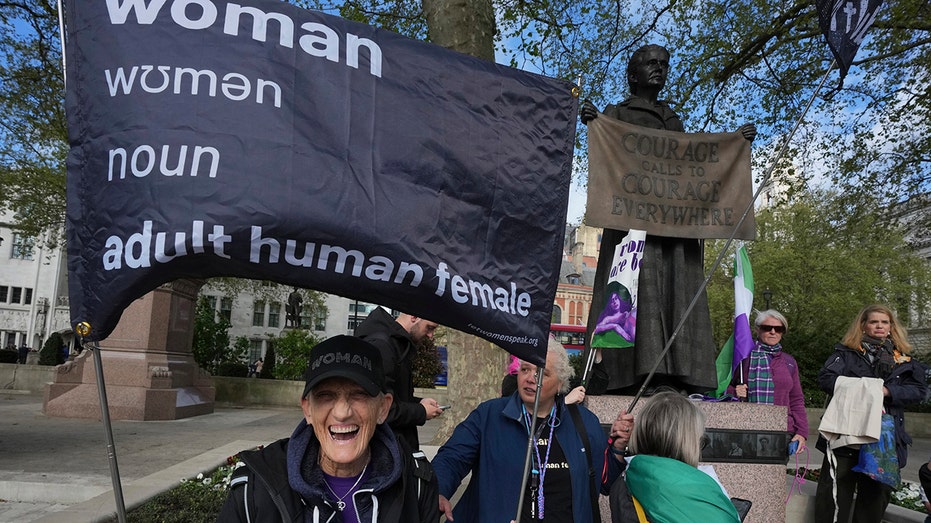UK Supreme Court Draws Firm Line on Legal Definition of ‘Woman’

Sarah Johnson
April 18, 2025
Brief
The UK Supreme Court has ruled that only biologically born females are legally defined as women, excluding transgender women from the Equality Act’s definition and certain single-sex spaces.
The United Kingdom’s Supreme Court has just delivered a ruling that’s already making waves far beyond its legal corridors. In a unanimous decision on Wednesday, the court defined a woman as someone born biologically female, officially excluding transgender women from the UK’s legal definition of a woman.
The judgment upholds that trans women can be excluded from certain single-sex spaces and groups under the UK Equality Act. This includes places like changing rooms, shelters, swimming pools, and women-only healthcare or counseling services. So for now, the law is pretty clear about who’s allowed where, at least on paper.
An important detail: the ruling specifies that even if a transgender person has a gender recognition certificate marking them as female, this does not grant legal recognition as a woman within the context of the Equality Act.
Justice Patrick Hodge, speaking for the bench, emphasized that the decision doesn’t strip away all protections. "Trans people remain protected from discrimination on the ground of gender reassignment," he stated, underscoring that the door hasn’t been slammed shut entirely.
Hodge explained the logic: redefining ‘sex’ to include legal certificates would mix up the clear-cut definitions of ‘man’ and ‘woman’ and muddle the legal protections around sex. According to him, this would create what he called "heterogeneous groupings"—which is legalese for saying things would get confusing, fast.
Outside the court, women’s rights activists were quick to celebrate. Susan Smith, co-director of For Women Scotland, declared, "Everyone knows what sex is and you can’t change it. It’s common sense, basic common sense." Smith suggested the ruling is a return to reality after what she described as a "rabbit hole" of denial over science and sex.
But the mood wasn’t celebratory everywhere. Hannah Ford, an employment lawyer, told Sky News the ruling is likely to set back transgender rights, warning that it means "an uphill battle" for trans inclusivity in workplaces. Ford described the decision as "really wounding for the trans community."
Reporting with contribution from The Associated Press.
Topics
Editor's Comments
The UK Supreme Court has basically told lawmakers—and the rest of us—that biology trumps paperwork, no matter how official the certificate. I have to say, there’s something surreal about watching a nation’s highest court weigh in on what counts as ‘common sense’! The legal world just served up a hot dish of reality check, and everyone’s feeling the temperature.
Like this article? Share it with your friends!
If you find this article interesting, feel free to share it with your friends!
Thank you for your support! Sharing is the greatest encouragement for us.



